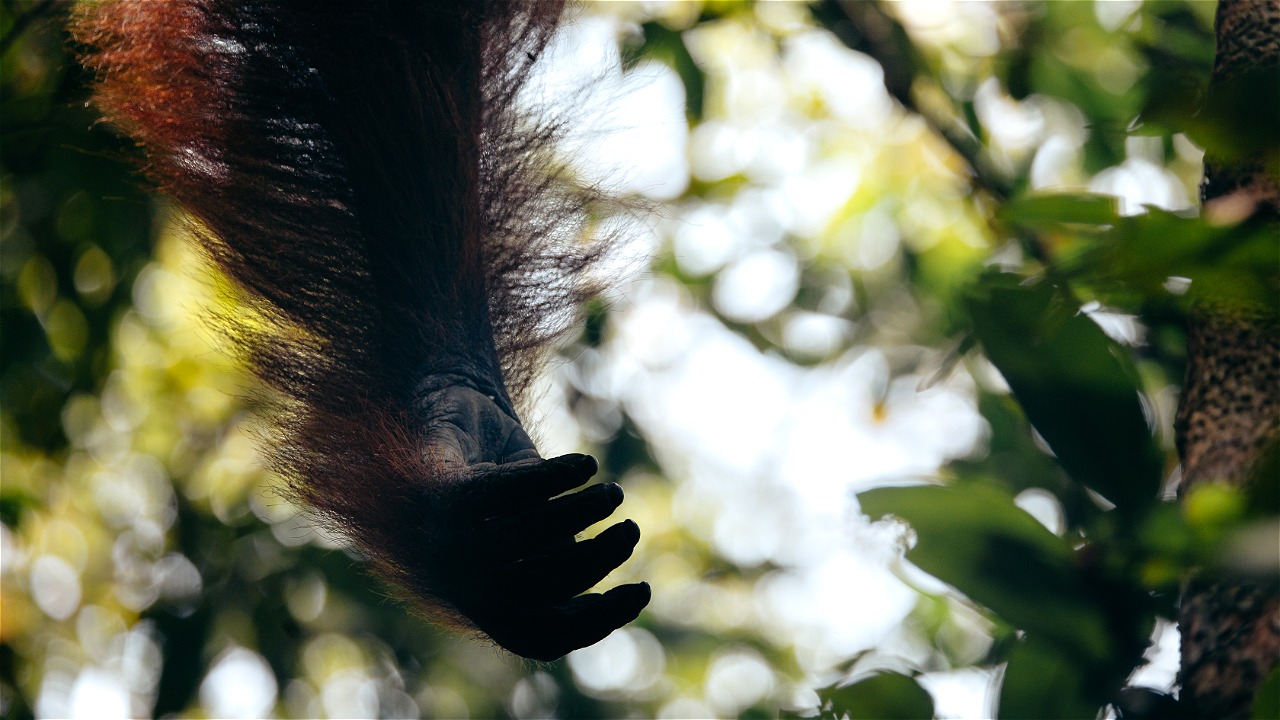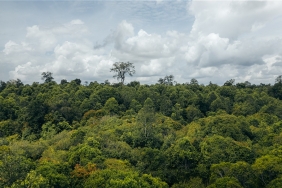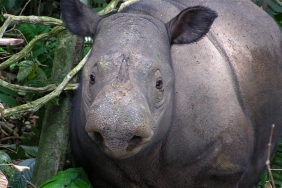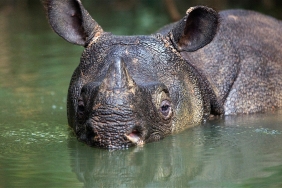THE RISING TREND OF ONLINE WILDLIFE TRADE IN INDONESIA
By: Jovita A Putri
Jakarta - Recently, the issue of Wild Plant and Animal Crime (TSL) or often called Wildlife Crime is being discussed. Last April, President Joko Widodo opened the National Movement to Save Wild Plants and Animals in a series of events for Forester's Day, Environment Day, and International Forest Day (HHI) 2016. Then, this June, International Environment Day also raised the same theme of Zero Tolerance for Illegal Wildlife Trade. Many media outlets highlighted this issue both nationally and internationally. In addition, several NGOs and UN agencies such as UNEP and UNODC are also aggressively talking about this issue. Then, how important is this issue to be highlighted by the government?
Law 05/1990 itself stipulates that any act of capturing, injuring, killing, transporting, trading, storing, and maintaining protected animal parts, live animals, and plants is a crime against Wild Plants and Animals. Traffickers will be given a maximum sentence of 5 years in prison and a fine of Rp 100,000,000. However, this punishment has not deterred the perpetrators of this crime. Of the many animal trafficking cases in Indonesia, the average sentence given to the perpetrators is only 3 months. Of course, this is not comparable to the losses experienced by Indonesia, in terms of economic value and ecosystem losses. Animal trafficking is popular because of its high profit and low risk. No wonder, if recently the term 'silent forest' has emerged, forests in Indonesia have become quiet and silent because the population of animals in them is reduced.
In addition to economic factors and weak law enforcement, the continued occurrence of animal crimes is driven by high market demand for animals or their parts as a symbol of prestige or to be kept at home. The perception that animals should be kept as pets at home is a perception that must be straightened out in society. This is because by taking wildlife from their habitat, we are accelerating their extinction. In addition, taking animals from their natural habitat can disrupt the balance of the ecosystem chain on earth which can be a disaster for the smooth running of human life as well. Like the presence of hornbills that act as seed spreaders in the forest which makes the distribution of tree seeds evenly distributed and can increase the number of trees. Imagine if hornbills were extinct, the forest would not be as dense as it is today and the needs of living things for wood, oxygen, absorption of water in the soil could not be met.
In today's digital era, the wildlife trade business has begun to explore a new mode, namely online trading. Online media is chosen as the right media because it only requires internet capital and electronic devices such as smartphone or laptop. In addition, advertisements uploaded can be seen by all local and international social media users with unlimited time. The use of hashtags also makes it easier for traders to sell their animals. In Indonesia alone, WWF Indonesia has found more than 80 advertisements for the sale of live animals or their parts on Indonesian e-commerce sites. The most common animal parts traded online are elephant tusks that have been carved into cigarette pipes and are priced at hundreds of thousands to millions of rupiah. Followed by dugong bones and teeth which are also made into smoking pipes and the last is tiger body parts or preserves.
In addition to e-commerce sites, animal sales through social media are also on the rise. Such as the use of facebook, instagram, or blackberry messenger groups. In these social media, the animals traded are usually live animals. Traders usually avoid face-to-face meetings such as COD (Cash on Delivery). Buyers only select the desired animal through photos uploaded to social media and are asked to transfer money to the trader. Once the transaction is confirmed, the animals are usually sent by courier and not delivered directly by the trader for security reasons. Animals that are widely traded on social media include: Eagles, birds from the Crooked Beak family such as Yellow-crested Cockatoos, and Primates.
The ease of uploading and accessing online sites as well as faking the identity of traders makes it difficult to stop animal trafficking on online sites. Although some e-commerce sites have made regulations regarding the prohibition of the sale of protected animals, in practice, there are still many traders who can sell live animals or their parts on online sites freely. In addition to the owners of online sites, the government should also take this issue seriously because without integration between parties, suppressing the number of animal trafficking will be difficult to do. WWF Indonesia hopes that people will start to open their eyes and no longer feel proud of owning animal parts or protected animals that are still alive, because it is a crime with criminal sanctions. Therefore, protecting the balance of the ecosystem chain on earth is important and requires efforts from all parties ranging from the community, law enforcement, and other NGOs.





